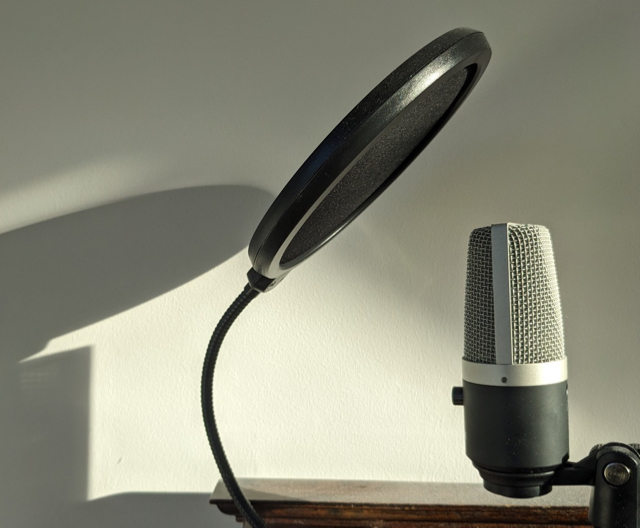and love the street patter and the solo character voice. But if you record it and listen back the dialogue can come over as jarring, lifeless and corny, to my ears anyway. The way we read and process written speech is different to how we react to the spoken word. When you write a line you imagine it being spoken, but again when you hear it you might find yourself snapped out of the scene, that fingerclick of the uncanny you get from seeing youself caught unwarned in a shop window or photograph, fixed mid-step, mid-sentence. The writer’s speech comes from somewhere else in the process of reading and understanding, writers aren’t actors and the reader grants each character their own voice. I’ve been mulling on this as a readthrough looms for my short bull-child play. The spoken words won’t be mine any longer. They’re not really yours the second they’re read by another, they’re out there making impressions – or not – in ways you never intended or imagined. If you can pass on some part of the meaning you wanted to craft into a text then you’ve shared something. But spoken words at a readthrough are more transitory than any text, they’ll be live tremors in the air gone in a second and never sound the same if spoken again. There’s rarity in that.

